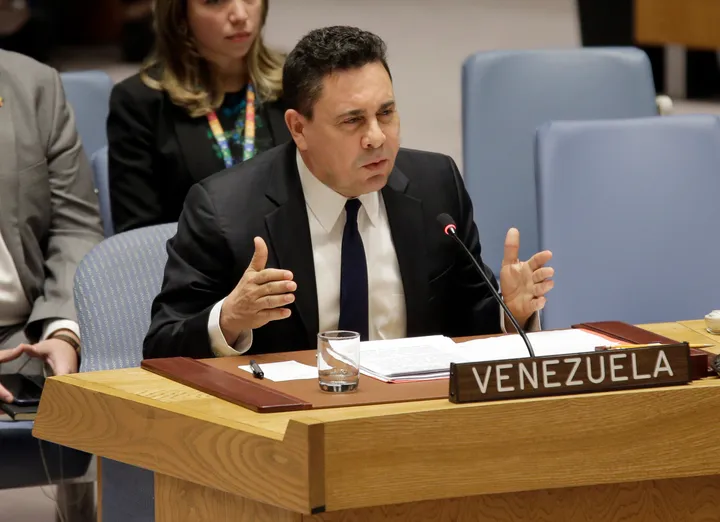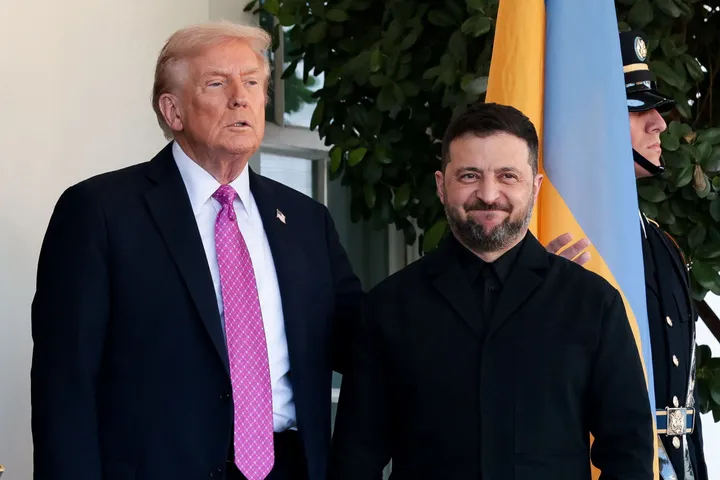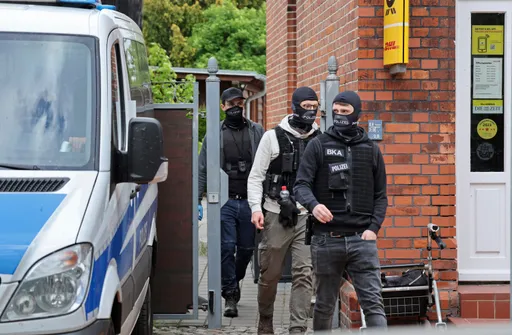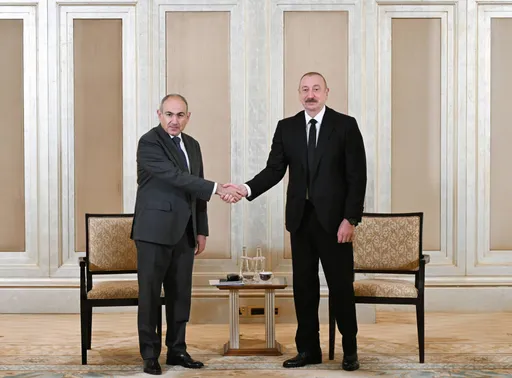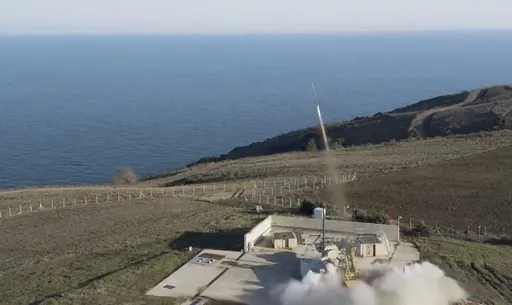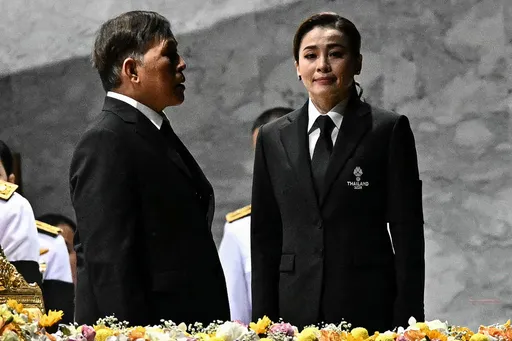The annual legislative sessions of China slated for March 4 are known for revealing clues on the country's domestic and foreign policy directions.
Drawing thousands of delegates from across the nation to Beijing, the first unaffected session since China abruptly abandoned its contentious zero-Covid policy in December, participants will still be expected to go through testing and surveillance as authorities are still concerned about the spread of the virus.
The 2020 meeting was delayed for several months, with 2021 and 2022 only being held for one week instead of the usual two weeks.
Beginning on Friday, journalists covering the event must quarantine in designated hotels from 8 pm onward.
This year, significant changes in institutional structure, the release of the annual GDP growth target, inflation, employment and the formalization of Xi Jinping's historic third term as president are all anticipated.
What are two sessions?
The event is dubbed “Lianghui” or "two sessions" because both the National People's Congress (NPC) and the Chinese People's Political Consultative Conference (CPPCC) convene their yearly meetings separately but concomitantly.
The 14th National Committee of the CPPCC will be held on March 4, where Xi is anticipated to deliver the opening speech. The CPPCC serves as an advising body with its members including corporate executives, famous people, and recognized figures.
Meanwhile, the 3,000-member NPC which is the CCP's legislative body starts its meeting on Sunday (March 5) in the Great Hall of the People in Beijing.
These sessions will provide crucial insight into the Chinese government's policy orientation for the coming year. Often significant policy changes are announced during the twin sessions.
Xi was given the opportunity to become a leader for life when term limitations for leadership positions were eliminated in the 2018 NPC. Furthermore, the Hong Kong National Security Law, which formed the cornerstone of the city's assault on opposition and dissent, was pushed through by the "two sessions" in 2020.
What is expected this year?
All eyes are on how the Chinese government can reestablish trust and promote recovery in the face of global uncertainty after it unexpectedly reversed course from strict coronavirus regulations at the end of last year.
According to a readout by the official media, on March 1, the plenum had approved the list of applicants for high-level government jobs. Among the announcements that are anticipated are the new premier and key finance and central bank roles.
While Xi Jinping is expected to secure a third term as president during the 14th NPC, the party's second-most prominent member Li Qiang is expected to be approved as China's new premier.
Significant constitutional revisions are also expected from this year's NPC session, with a party political term for new doctrine establishing Xi's views as the party’s underlying ideology.
According to a Fordham Law school professor, Carl Minzner, similar reforms in party and state institutions had been made in 2018 as well, adding “Those involved a significant ‘re-Partyization’ of important parts of the Chinese bureaucracy, for example, by having the Party’s United Front Bureau swallow the state religious affairs and national ethnic affairs commissions.”
Government announcements this week have also hinted at party intervention in legal education with new guidelines in accordance with Xi's ideologies.
Furthermore, a “Government Work Report”, which will set the economic and policy agenda for the coming year ahead with a gross domestic product (GDP) forecast will be handed to delegates upon the opening session.
President Xi Jinping's senior leadership team is anticipated to set the growth target at around 5% this year as consumers and investors resume activities that were restricted by severe health control measures in 2022. China's GDP grew by three percent last year, one of the country's lowest growth rates in recent history.
The Chinese economy is predicted to increase by more than 5.5 percent in 2023, according to global financial giants including Morgan Stanley, Goldman Sachs, and Standard Chartered.
Yet, officials are still working to rebuild corporate trust in China, particularly for international corporations, as it is still suffering from declining demand for its commodities abroad, increasing geopolitical risk, and problems in the property sector.



